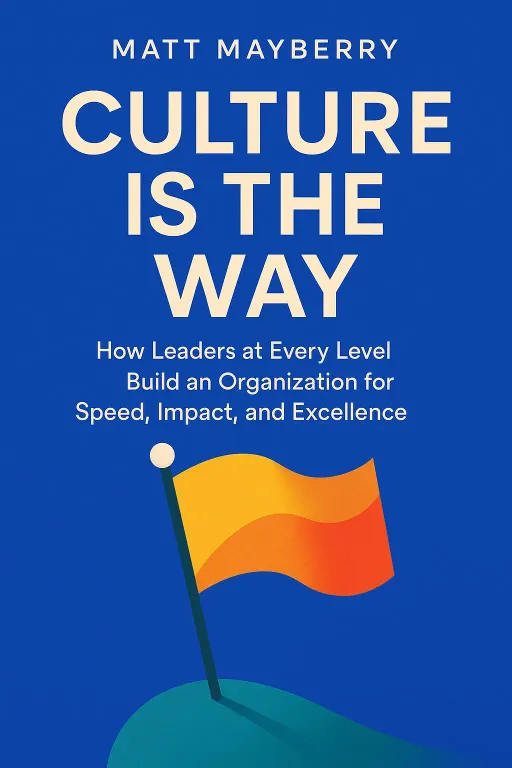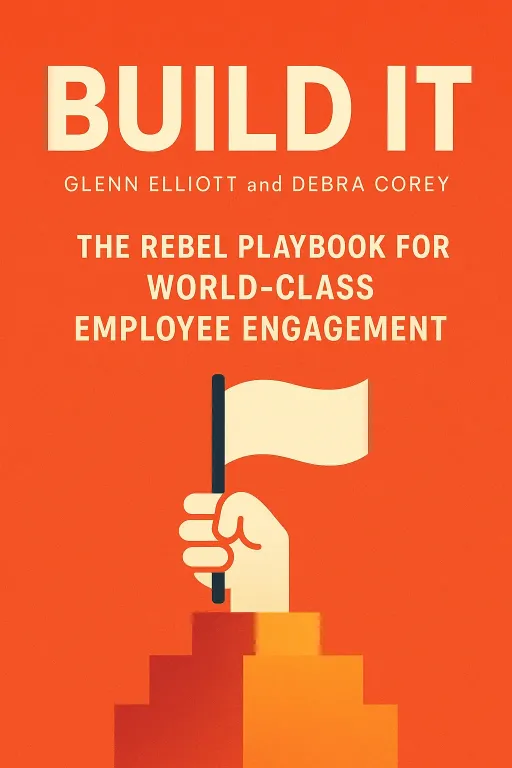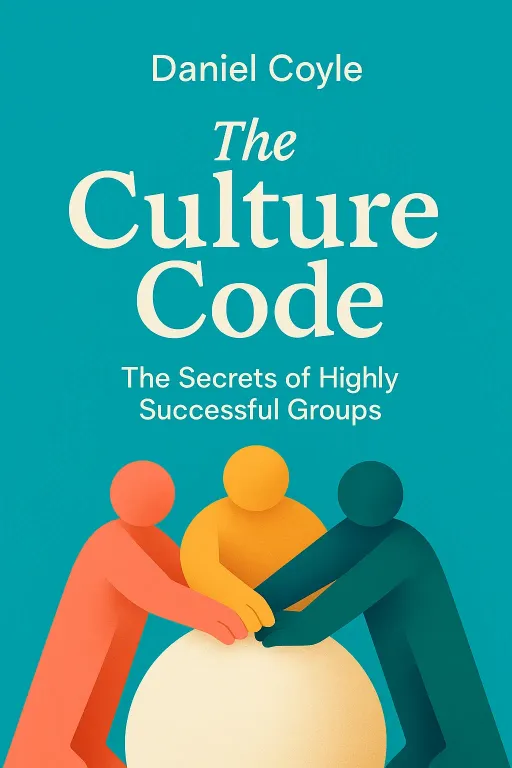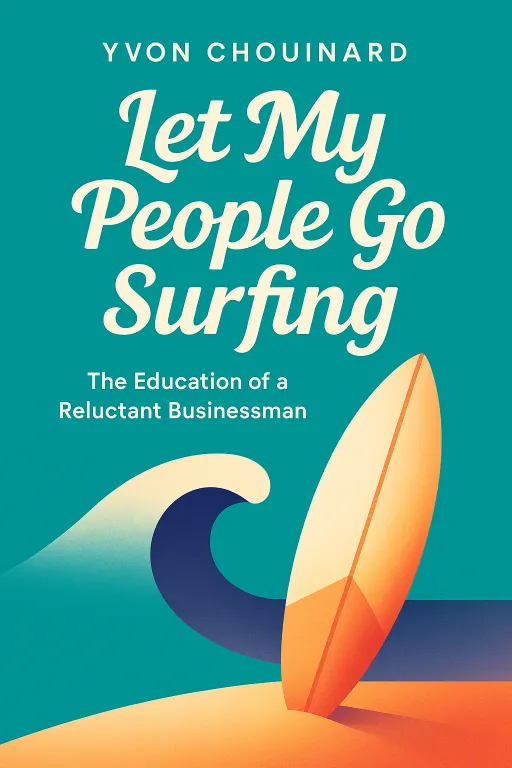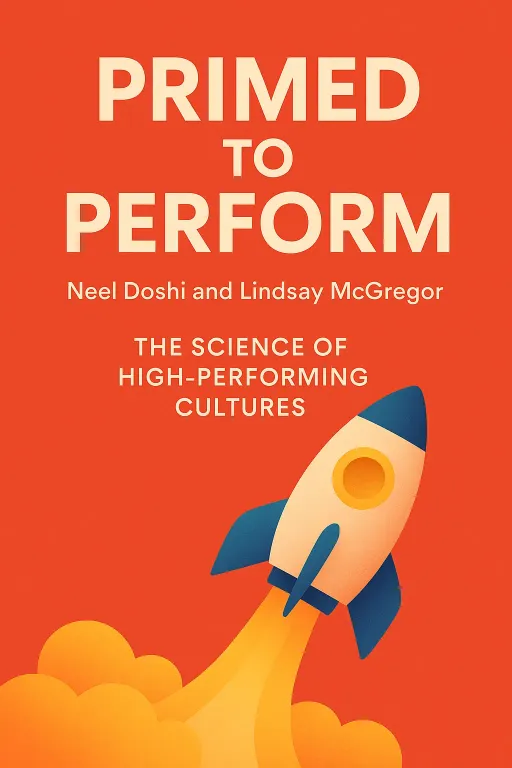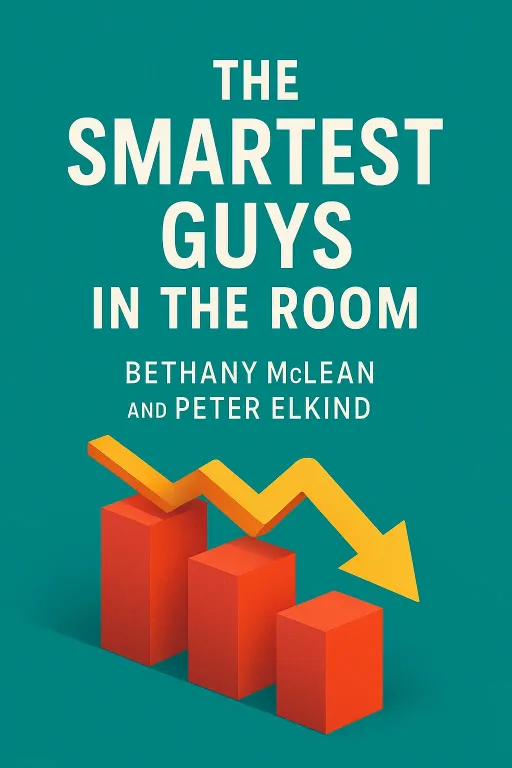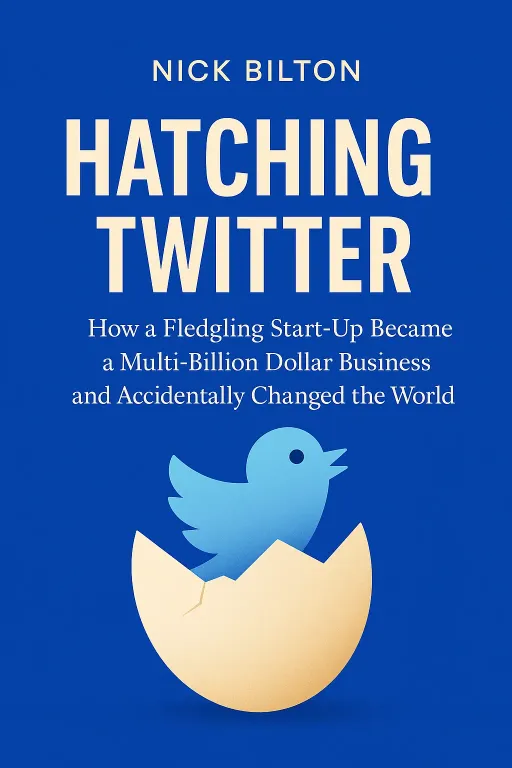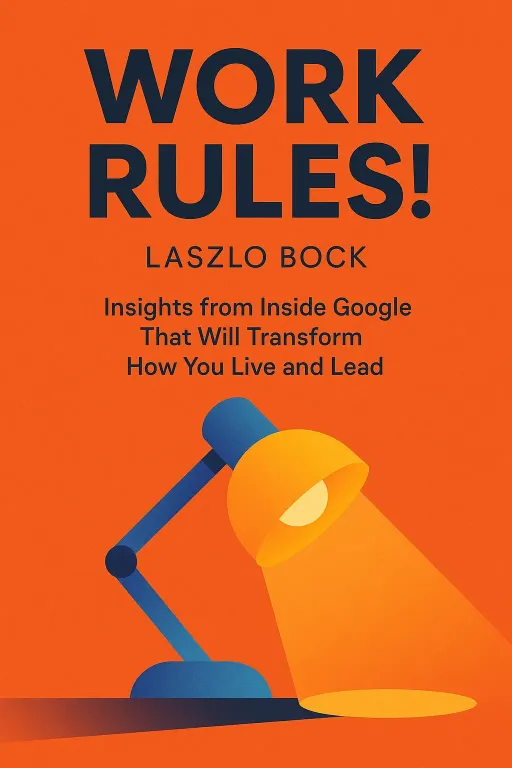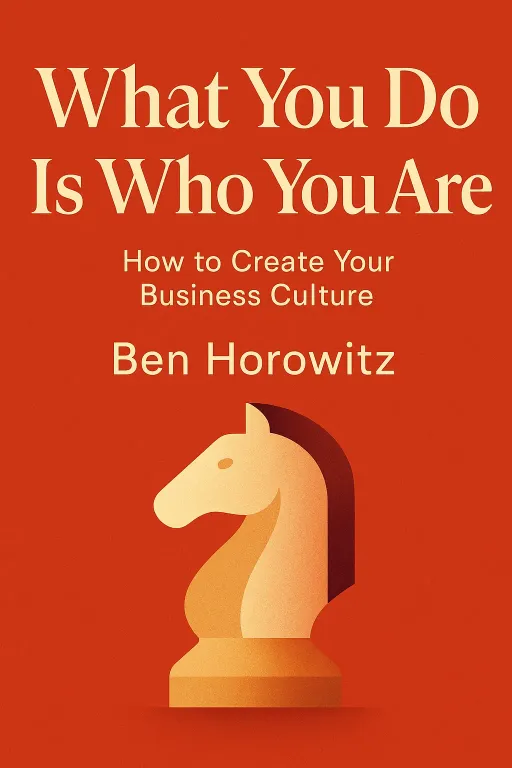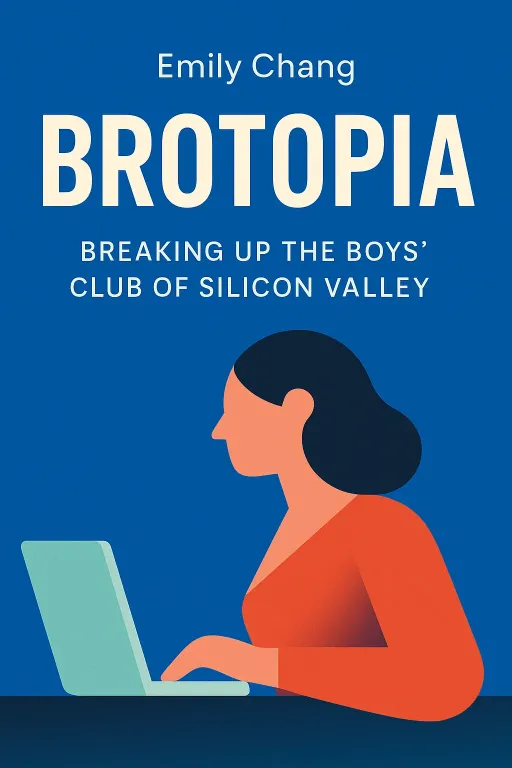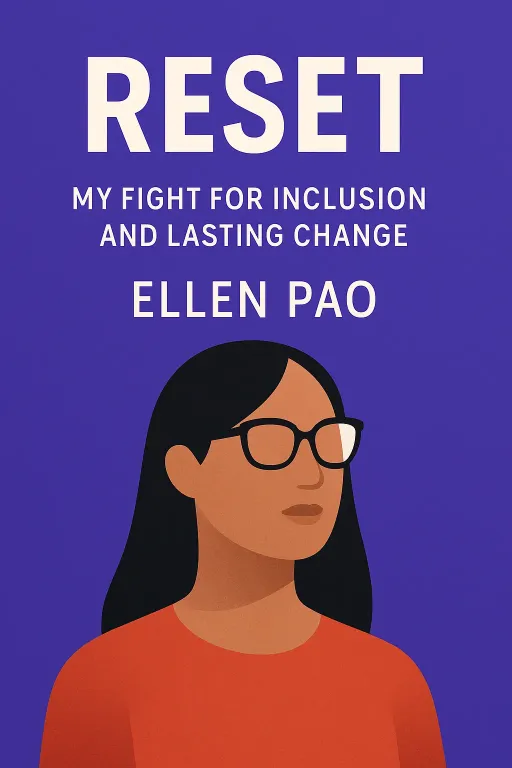
Cracking the Boys' Club Code
10 minMy Fight for Inclusion and Lasting Change
Golden Hook & Introduction
SECTION
Michelle: Here's a wild statistic from the world of high-stakes venture capital: 98 percent of all investment dollars go to companies run by men. Ninety-eight percent. Today, we're talking about the woman whose fight to be in the other two percent blew the whole system wide open. Mark: Ninety-eight? That's not a glass ceiling, that's a concrete bunker. That number is staggering. It feels like it should be from the 1950s, not the 21st century. Michelle: It feels that way, but it's a modern reality. And it’s the world that our author today found herself in. Today we’re diving into Reset: My Fight for Inclusion and Lasting Change by Ellen Pao. And what's incredible is that her 2012 lawsuit was so ahead of its time, it sparked what journalists called the 'Pao effect'—a wave of women speaking out—years before the #MeToo movement went global. Mark: So she was one of the first to really sound the alarm in a very public way. Michelle: In a massive way. But to understand how she got to that fight, you have to understand the world she came from, which was built on one simple, powerful idea: meritocracy. If you just work hard enough, you will succeed.
The Cracking Armor of Meritocracy
SECTION
Mark: That’s the classic American Dream, right? The promise we’re all sold. Her parents were immigrants, so I imagine that belief was especially strong in her household. Michelle: It was everything. Her parents fled China, came to the U.S. for the space program, got PhDs, and built successful careers. They taught her that discrimination was real, but it was an obstacle you could overcome by simply being twice as good. And for a long time, that formula worked for her. She was a top student, went to Princeton, Harvard Law, Harvard Business School. She did everything right. Mark: She collected all the infinity stones of academic achievement. Michelle: Exactly. But then, these little cracks start appearing in that worldview. It starts early. There's a story from fifth grade that is just heartbreaking. She's a straight-A student, a perfectionist. But one day, her teacher gives her a B+ on a report and implies she plagiarized it. Mark: Why would the teacher assume that? Michelle: Because her parents' English wasn't perfect. The teacher’s bias led her to believe that a child of immigrants couldn't possibly write that well on her own. Pao had to argue and convince the teacher to change the grade back to an A. Mark: Wow. So even as a kid, she's being told her success is suspicious because of her background. That's a tough lesson to learn when you're just trying to be a good student. Michelle: It’s a profound early lesson. And these moments keep accumulating. Fast forward to her time as a high-powered corporate attorney at a top law firm. She's in a meeting for a major deal, and her boss, a male partner, turns to her and asks her to go get cookies for everyone. Mark: Hold on. A male partner asked her, a corporate attorney, to go get cookies? Not an admin, not an intern, but the female lawyer in the room? Michelle: The only woman lawyer in that specific group. She was stunned. She thought, would he ever ask one of my male colleagues to do this? Of course not. It was a small thing, a tiny papercut, but it sends a clear message about her perceived role. Mark: It’s not about the cookies. It’s about being relegated to a service role, even when you have the same credentials as the men at the table. Michelle: Precisely. And this gets proven in a lab setting, essentially, with a famous study she encounters at Harvard Business School. It’s called the "Howard and Heidi" study. Researchers took a real-life case study of a successful venture capitalist named Heidi Roizen. They gave it to two groups of students. For one group, they kept her name as Heidi. For the other, they changed her name to Howard, but kept every single detail of her career and personality identical. Mark: Okay, I think I see where this is going, and I don't like it. Michelle: The results were stark. The students saw Howard as a beloved, competent, effective leader. They wanted to work for him. But Heidi? They saw her as power-hungry, selfish, and an egomaniac. They respected her success but they did not like her and wouldn't want to work with her. Mark: For the exact same behavior. The only thing that changed was the gender. That's not a crack in the armor of meritocracy; that's a gaping hole. It proves that competence isn't judged in a vacuum. It's filtered through our biases.
Inside the 'Boys' Club' of Venture Capital
SECTION
Michelle: Exactly. And that hole becomes a canyon when she enters the world of venture capital at Kleiner Perkins, one of the most storied firms in Silicon Valley. This is where the subtle biases become overt exclusion. The most telling story, the one that really paints the picture, is the private jet incident. Mark: This sounds ominous. Michelle: She's on a private jet with several male partners and a tech CEO. The men are all in the 'power seats' facing each other. She decides to take one of the open power seats, to 'lean in.' The conversation that follows is just… something else. The CEO starts bragging about meeting a famous porn star. Then one of her partners starts talking about his preference for 'white girls, specifically Eastern European.' Mark: Oh my god. This is a work trip? Michelle: A work trip. She's sitting right there. Then, they start discussing a potential female board member for the CEO's company, Marissa Mayer, who was a top executive at Google. The CEO dismisses her as 'too controversial' but then adds, 'but I'd let her join because she's hot.' After the plane lands, the men all make plans to go to a club, and she's not invited. Mark: That is horrifying. It's the most toxic work happy hour imaginable, but you're trapped in a metal tube in the sky. What could she even do in that situation? 'Leaning in' just meant getting a front-row seat to her own marginalization and the objectification of other women. Michelle: She could do nothing. And that's the point. This wasn't just social exclusion; it had real business consequences. She was one of the first people at the firm to see the massive potential of a tiny startup called Twitter. She met with the founder, Jack Dorsey, and was blown away. She brought it back to the partners, urging them to invest. Mark: And let me guess, they dismissed it? Michelle: They dismissed it completely. They said it had no business model, that the founder wasn't a traditional business guy. One of the senior partners who had looked at it earlier was particularly dismissive. So she dropped it. Years later, Kleiner Perkins finally did invest in Twitter, but at a valuation that was astronomically higher. They missed the ground-floor opportunity she had handed them. Mark: So their bias, their refusal to listen to the woman in the room, literally cost them hundreds of millions of dollars. And this is the industry that prides itself on being the smartest, most disruptive force on the planet? Michelle: It's the ultimate irony. And it's why the book is so controversial and was so widely acclaimed. It argues this isn't about a few bad apples or isolated incidents. It's a systemic, cultural problem where a homogenous group's blind spots become massive business risks.
The 'Pao Effect': The Price and Power of a Public Fight
SECTION
Mark: Okay, so she's facing this deeply ingrained culture. At some point, she decides she can't take it anymore and decides to fight back. Michelle: She does. And when she finally filed her lawsuit, the system turned on her with its full force. Kleiner Perkins hired a crisis-management PR firm and launched a campaign to discredit her. They painted her as an incompetent, greedy, difficult person who couldn't get along with anyone. The internal investigation they launched was a complete sham. She recounts how the 'independent' investigator seemed more interested in discussing the career of a porn star mentioned in the jet incident than in her actual claims of harassment and discrimination. Mark: That's unbelievable. So they didn't just defend themselves in court; they tried to destroy her reputation publicly. And she ultimately lost the case, right? The jury sided with Kleiner Perkins. For someone listening, it sounds like a pretty clear cautionary tale: don't speak up, or you'll be crushed. Michelle: And that is the central, fascinating paradox of this entire story. She lost the battle but, in many ways, she started a war. Her lawsuit, despite the verdict, created what is now famously called the 'Pao effect.' It was one of an American woman suing a powerful firm for gender discrimination, and it became a massive, global story. It gave a name and a face to the problem. It inspired countless other women in tech and beyond to share their stories and to start demanding change. It really laid the groundwork for the #MeToo movement's explosion in the tech space a few years later. Mark: So her loss became a rallying cry. It's a strange, and I imagine very painful, kind of victory. She had to become this public symbol of failure in order to create a path for future success for others. Michelle: A very strange, and very costly, kind of victory. The personal toll was immense. But she didn't stop there. After the trial, she co-founded Project Include, a non-profit dedicated to providing startups with concrete, data-driven strategies for building diverse and inclusive cultures from day one. She moved from just telling her own story to actively trying to fix the broken system for everyone else.
Synthesis & Takeaways
SECTION
Mark: What's so powerful about this story, when you lay it all out, is that it's not just about tech or venture capital. It's about what happens when the official rules of success—work hard, be smart, get the credentials—collide with the unwritten rules of culture, gender, and race. She played the game perfectly by the official rules, only to find out there was a second, secret rulebook she wasn't allowed to read. Michelle: That’s a perfect way to put it. Pao's story is a profound reminder that one person's fight, even a losing one, can become a powerful catalyst for systemic change. It exposes the truth that sometimes the most important victories don't happen in a courtroom. There's a quote in the book where she reflects on her decision to sue, knowing all the risks. She says, "Even if I lost, I’d lose fighting for something I believed in. And maybe it would help someone else be listened to down the road." Mark: And it clearly did. It absolutely did. It makes you wonder, for everyone listening, what's a small way you can help someone else be listened to this week? In a meeting, in a family discussion, anywhere. Michelle: A powerful question to end on. We'd love to hear your thoughts on this. Find us on our socials and share your perspective. We read everything. Mark: This is Aibrary, signing off.
